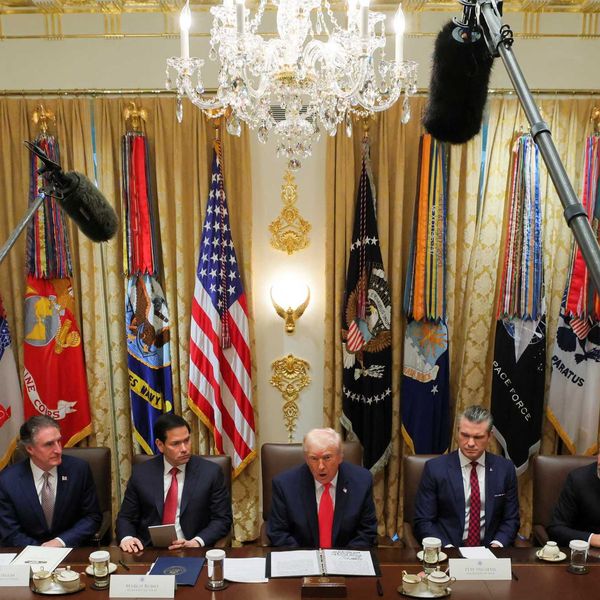

Related articles
‘His reign will end’: Ex-GOP insider flags evidence Trump’s power is already ‘waning’

Conservative political strategist Rick Wilson, one of President Donald Trump’s most vocal critics, urged his readers on Friday to “be of good cheer,” saying he believes the Trump administration is nearing collapse after what he described as a particularly difficult week for the White House.
“His reign will end. His power will wane. You could feel it this week. You watched that frantic disaster of a speech, the one where he fired off one deranged idea after another like a malfunctioning nail gun, and the teleprompter looked like it had been set to ‘cocaine binge,’" Wilson wrote in an analysis published Friday on his Substack “Against All Enemies.”
“The lies didn’t hit the same. The dread didn’t land the way it used to. The spell was ragged and ineffective. And for a lot of families, that’s not an abstract political observation. That’s relief.”
Trump’s waning control over the Republican Party has been on full display in recent weeks; Indiana Republicans rejected the president’s push for them to redraw their congressional maps; the GOP-controlled House blocked Trump’s attempt to strip federal workers of bargaining rights; and 12 House Republicans broke with Trump in supporting an extension to health care subsidies.
As for Trump’s cabinet members, it didn’t fare any better, Wilson argued.
“Even now, you can see it from the inside. They leak. They bicker. They climb over each other for attention like raccoons fighting over a moldy hamburger bun in a Denny’s dumpster,” Wilson wrote.
“And yes, it is harder to be a comic-book villain when you’ve surrounded yourself with morons. That’s not hope-as-a-hallucination. That’s how cults and con jobs end: not with a thunderclap, but with a long, humiliating whimper as people realize they bought the ticket to the comet, and all they got were matching track suits and Nikes.”

